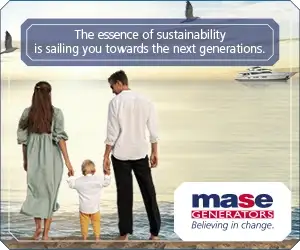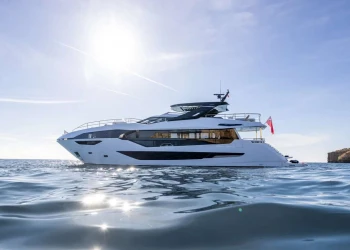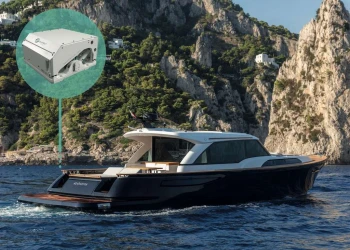
H.S.H. Prince Albert II
Monaco launches the era of ocean finance: BEFF raises €8.7 billion
On June, 7th and 8th in Monaco, the ocean stopped being a side conversation and became an economic strategy. The Blue Economy and Finance Forum (BEFF), hosted by H.S.H. Prince Albert II and co-organised by the Government of Monaco, the Prince Albert II Foundation, and the Oceanographic Institute, marked a fundamental shift: from fragmented ocean pledges to coordinated financial execution.
An invitation-only event preceding the Third UN Ocean Conference (UNOC3), the BEFF discussed what is needed to mobilize public and private investment to accelerate the transition to a sustainable blue economy. More than 1,800 participants, 150 speakers, and 6 Heads of State convened on how to generate investments in ocean health and ensure sustainable ocean governance and finance.
Someone in the audience said “if ocean finance had an IPO, it launched this weekend” and the figures speak for themselves:
● €25 billion in existing blue economy projects were identified;
● €8.7 billion in new commitments by 2030 were made - of which;
● €4.7 billion from private capital and philanthropy were raised;
● €4 billion from public financial institutions were allocated.
And this money came with targets, with timelines, and - dare we dream - with KPIs.
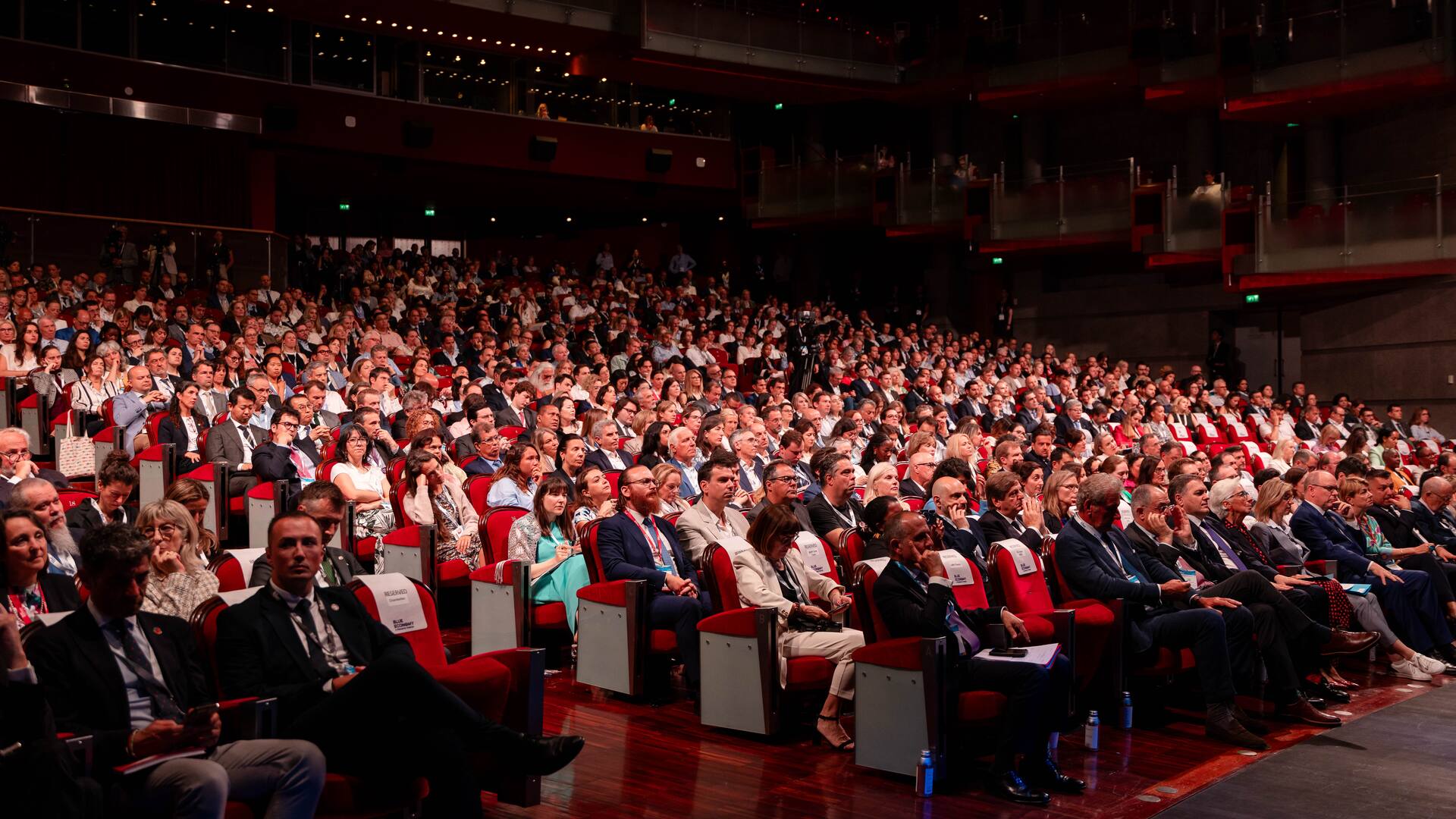
From undervalued to investable
Until now, the ocean has been climate finance’s blind spot.
It generates over 50% of the oxygen we breathe, is the world’s largest carbon sink, and supports over 3 billion people. Yet, SDG 14 ‘Life below water’ remains the least funded of all the UN goals.
BEFF paved the way to change this with quantified investment flows and new financing mechanisms.
The focus is now clear: make ocean health investable at scale.
The BEFF also marked the launch of several strategic coalitions aimed at overhauling the maritime economic system:
● Business in Ocean: Signed by 80 companies across 25 countries representing a combined revenue of €600 billion, it commits businesses to embed ocean sustainability into their core strategies. Goals include measuring their environmental footprint, investing in regenerative solutions, and ensuring a just transition for coastal communities;
● Philanthropists and Investors in Ocean: A new alliance designed to channel high-impact funding into ecological and social projects, particularly in countries of the Global South where ocean degradation hits hardest;
● #BackBlue: A powerful financial coalition managing a combined $3 trillion in assets pledging to include ocean health criteria in their investment decisions as a business standard;
● Finance in Common Ocean Initiative: A bloc of 20 development banks that will invest $7.5 billion annually in ocean protection, aligned with SDG 14;
● Finance in Common: 20 development banks committing $5 billion per year to blue finance.
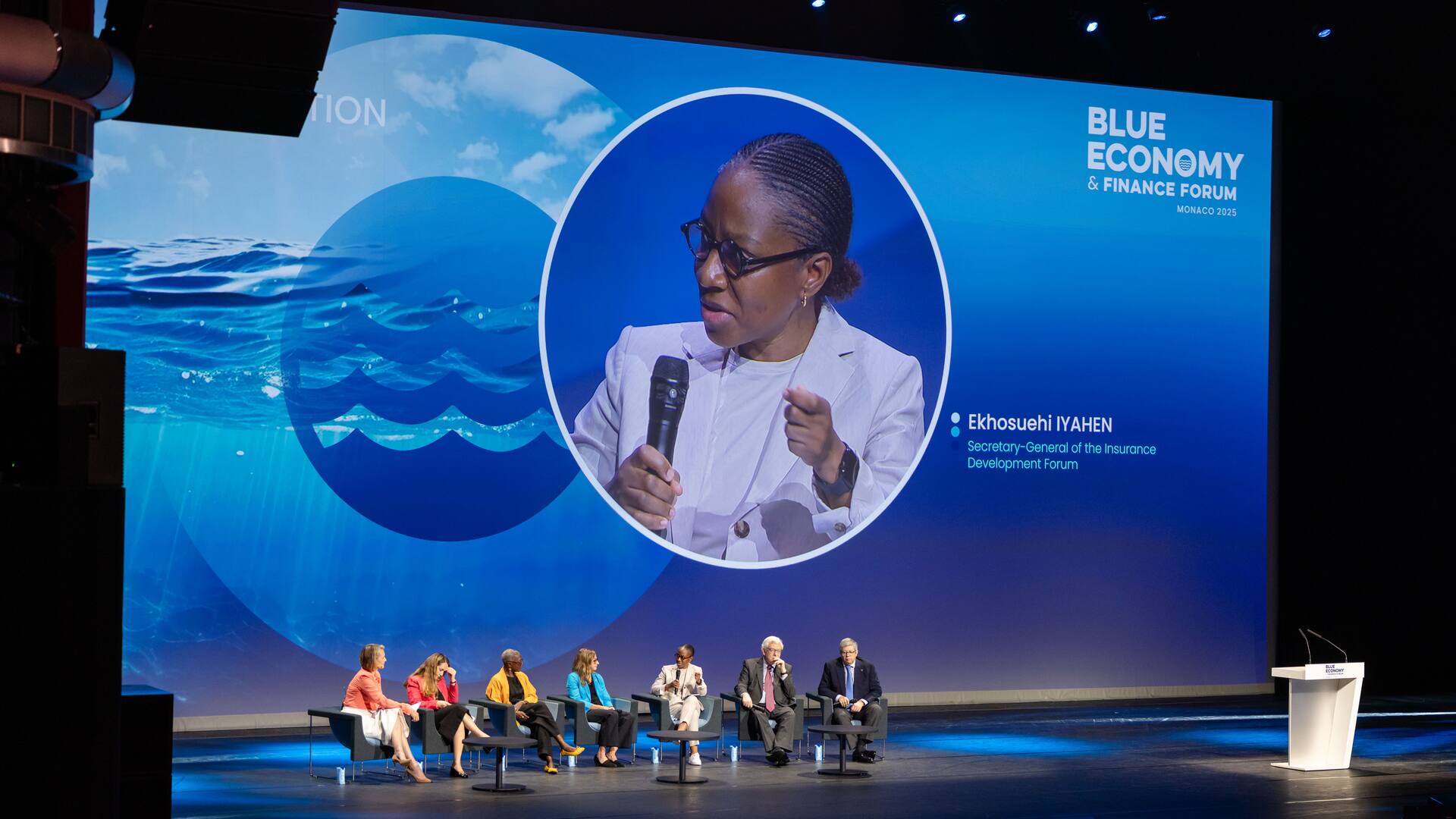
What happens next?
The money is on the table. The coalitions are in place. The technology exists.
As H.S.H. Prince Albert II of Monaco stated,
“everything is now in place to make the major turning point our ocean requires” and now comes the only metric that matters: implementation.
Private equity, development banks, governments, and coastal communities are aligned around a shared premise that protecting the ocean is a viable growth strategy.
So can the blue economy now prove that the highest return on investment is ocean health itself?
Rebecca Gabbi
©PressMare - All rights reserved

